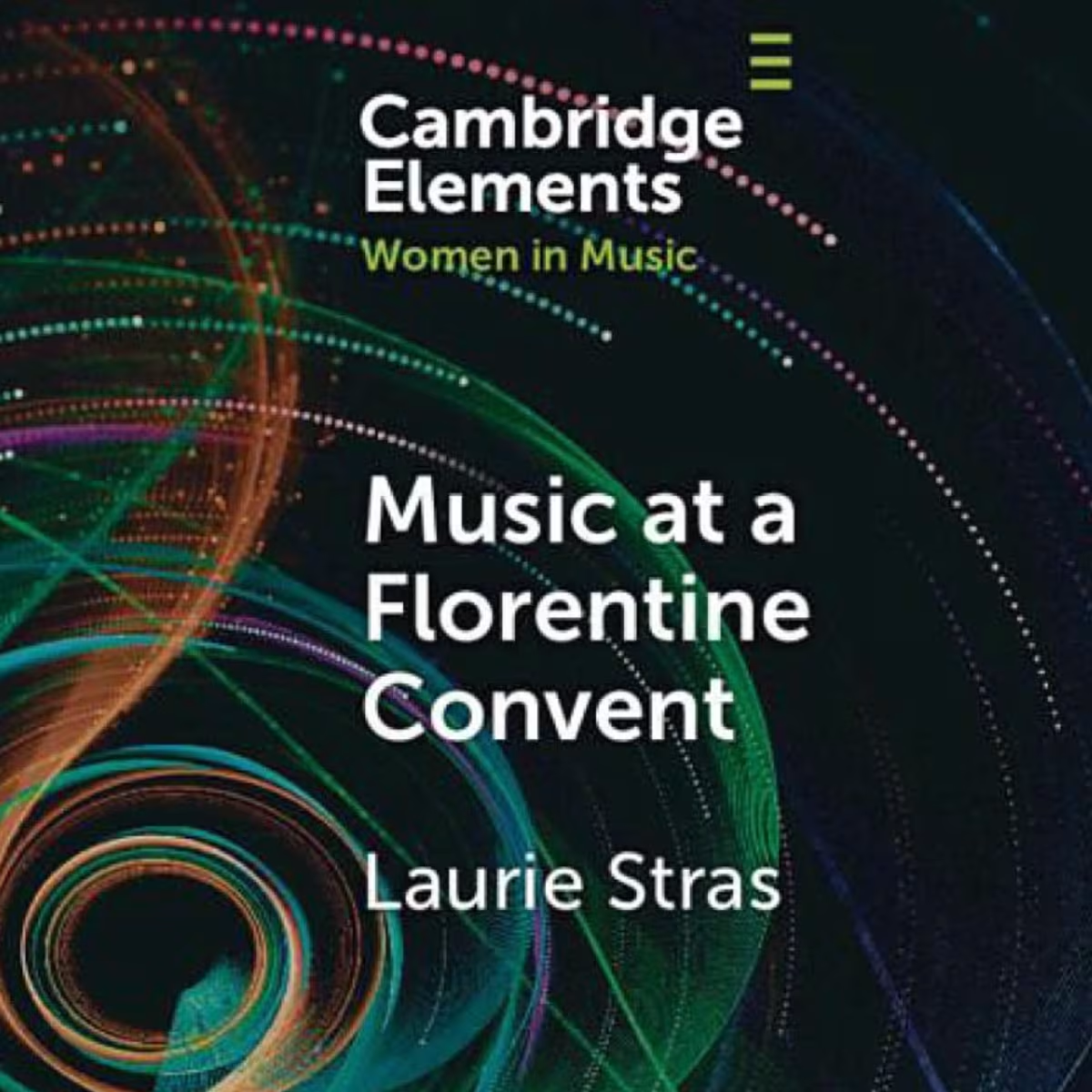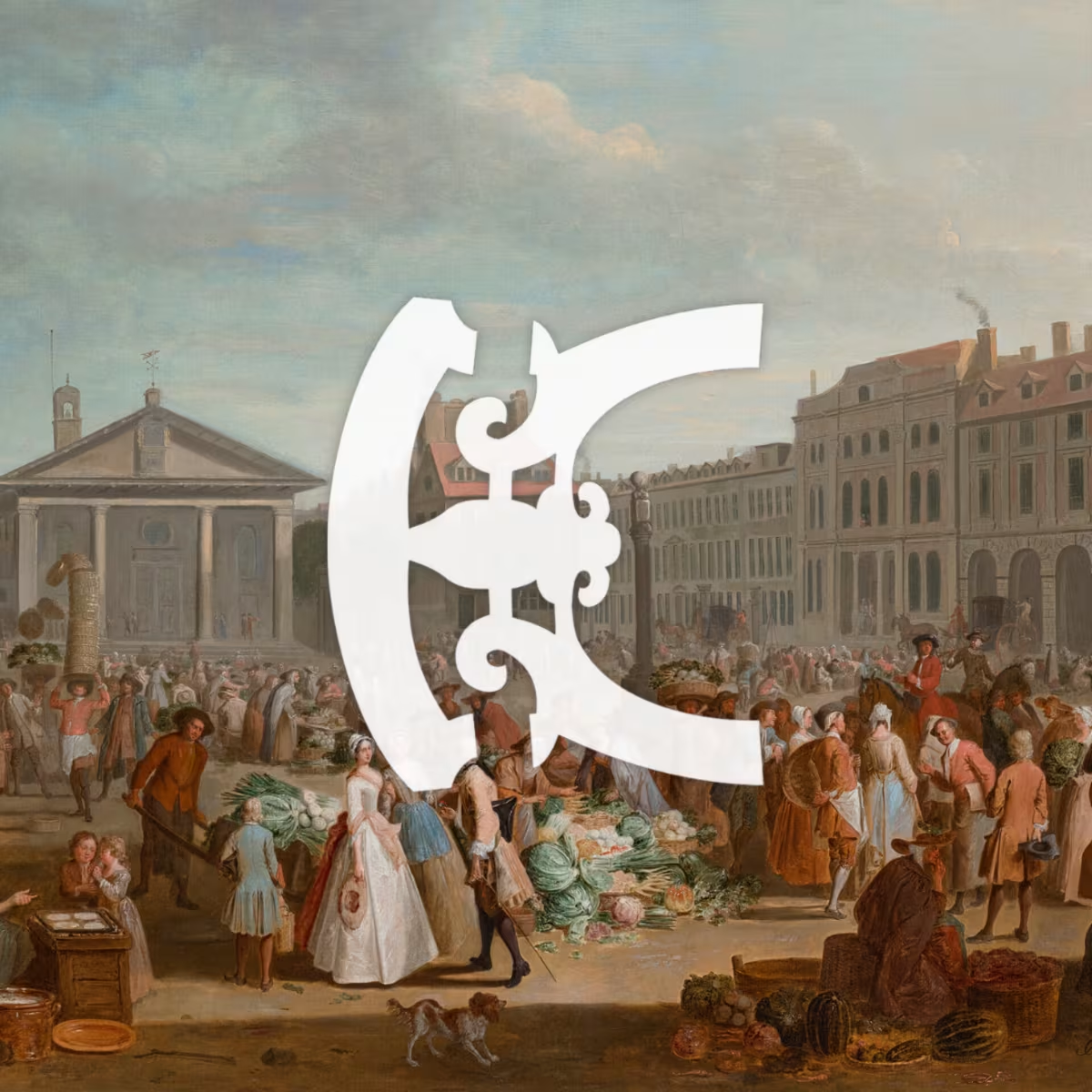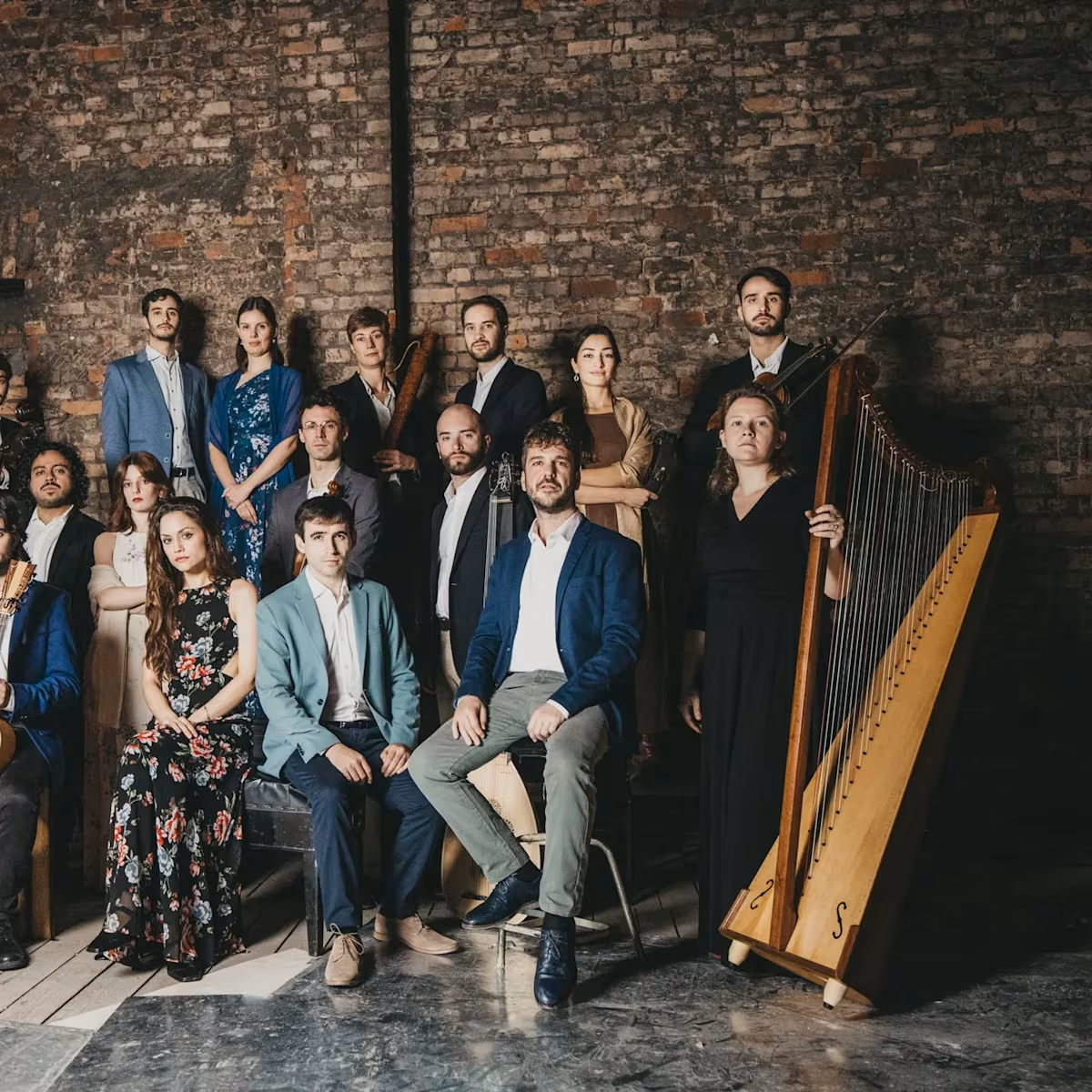Spotlight
In conversation: Andrew Wooderson
Continuo Connect meets an indispensable figure on the early music concert circuit.
Share this

FIRST PUBLISHED 20 DEC 2023
You won't see him on stage unless it's before or after a concert, or during the interval, but many concerts couldn’t happen without him. If you don’t know him yet, meet Andrew Wooderson, maker and supplier of fine harpsichords! Relied upon by a wide array of period-instrument ensembles for their performances of baroque and classical repertoires, we see Andrew and his wife Naomi, a recorder player and teacher, at concerts everywhere. His keyboard instruments are individually hand built to order from carefully selected materials, based closely on surviving original examples. Andrew comments: “my instruments are an expression of my love for harpsichords and passion for fine craftsmanship.”
Could you describe in a few words what’s so special about HIP/early music concerts?
Variety, energy and often a feeling of closer engagement with an audience.
What will someone living 400 years from now think about “early” music?
I hope the 20th century ‘early music revival’ might be viewed as an important shift in outlook in the performance of music. Seeking to try to understand music from earlier times and being prepared to be influenced by historical sources, be they manuscripts, documents, instruments or iconography.
When did you first discover the harpsichord?
I was aware of the harpsichord whilst studying the piano I my early teens. My first encounter with historical harpsichords was peering through the glass of the display cases in the V&A’s musical instrument gallery. And the first time I was able to actually play a harpsichord was in the basement of the London Harpsichord Centre in Chiltern Street in the late 1970s. I’m sure the staff upstairs were less than impressed by the sounds of a bumbling beginner flailing around on a unfamiliar keyboard. But I left with my first copy of Early Music quarterly and the determination to save up for a harpsichord kit. Little did I know .…

What is your earliest musical memory?
Taking my Piano Grade 1 exam at the age of about 6 in a small teaching room at Blackheath Conservatoire. Now, well over 50 years later, I occasionally tune and service a harpsichord that resides in the very same room.
Do you have a favourite UK venue for early music?
Wigmore Hall, without question. During the very early 1980s I attended many of the Thursday evening Early Music series concerts and enjoyed lots of outstanding performances by many of the great performers of that era. Now I find myself working at Wigmore Hall regularly. The place has remarkable acoustics – it’s extremely ‘harpsichord friendly’ and has a very special atmosphere. I also very much like St John’s Smith Square, again particularly from very fond memories of superb concerts in my ‘formative’ years of the early 1980s, and the National Centre for Early Music in York.
Do you have a favourite instrument that you have built?
Not really. I have become very attached to certain of my hire instruments at times, but that’s mainly to do with the shared experiences - places I’ve travelled with them and particular performances or artists I associate with them. I usually find myself thinking more about the next instrument and how I might improve on my previous work.
Has a client ever ordered an instrument which you felt would be impossible to play?
No. I do occasionally try to nudge clients away from what I consider may be choices they might later regret. If anything, I wish more clients would be more adventurous in commissioning closer copies of original instruments.
Who is your favourite composer, and why?
A near impossible question! But I suppose, perhaps unsurprisingly, I would have to say Johann Sebastian Bach. His organ music and sacred music rarely fail to move me in some way, and they express both the composer’s humanity and spirituality in remarkable ways. My Desert Island selection would have to include the B Minor Mass, Brandenburg Concertos and Passacaglia in C Minor BWV582, with the Passions, keyboard concertos and violin partitas all close behind.
If you could meet anyone from the past, who would it be?
Any one of the great harpsichord makers of the past; one of the Ruckers family, Kirkman, Hemsch, Christofori, Blanchet, whoever. Just to learn, absorb, connect with what I do now.
Do you have a favorite early / classical music joke?
I think I should probably duck this question for fear of inadvertently offending a musical colleague! But I do enjoy a story about a famous Viennese fortepiano maker of the late 18th century who was allegedly asked what he thought of a well known rival’s pianos. He replied that he knew this maker’s pianos very well as he had cause to repair many of them!
What would you do if you didn't work with harpsichords?
Some other form of historically influenced craft, most likely heritage railways. I already work as an occasional volunteer restoring historical railway carriages on a line in north Wales. Or woodland restoration and management.

Share this
Keep reading

Music at a Florentine Convent
Discovered by Professor Laurie Stras, the Biffoli-Sostegni manuscript is the only volume of 16th-century polyphony with a secure provenance in a female convent.

Playlist: 1726 in music
To begin the new year, we explore the year 1726 in music. It includes works written in 1726, as well as works to marking musical occasions that year.

Cantoría | ‘A la fiesta, zagales’: Spanish Baroque at Wigmore Hall
Cantoría leads listeners into a vibrant Spanish festive world filled with the joyful energy of Baroque villancicos, carols, jácaras and dances.

